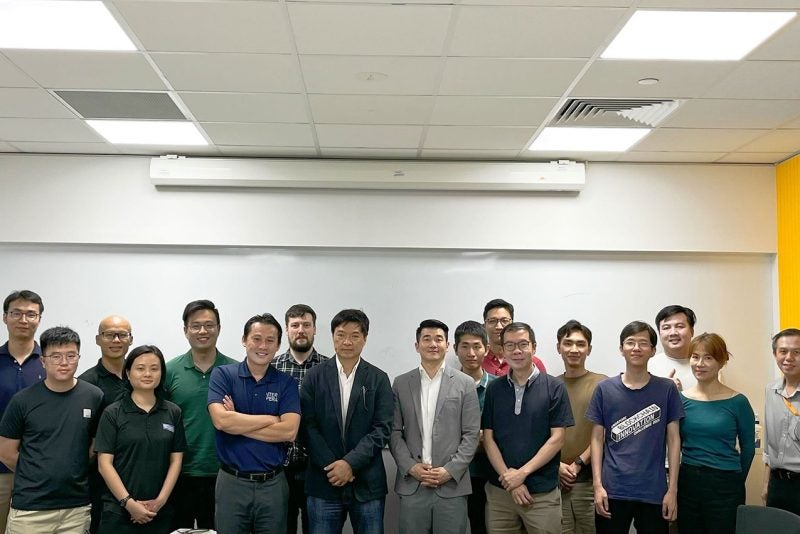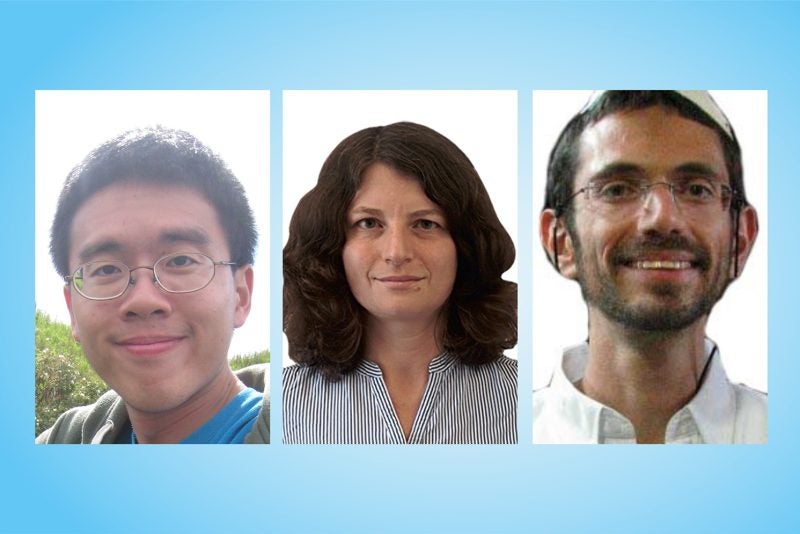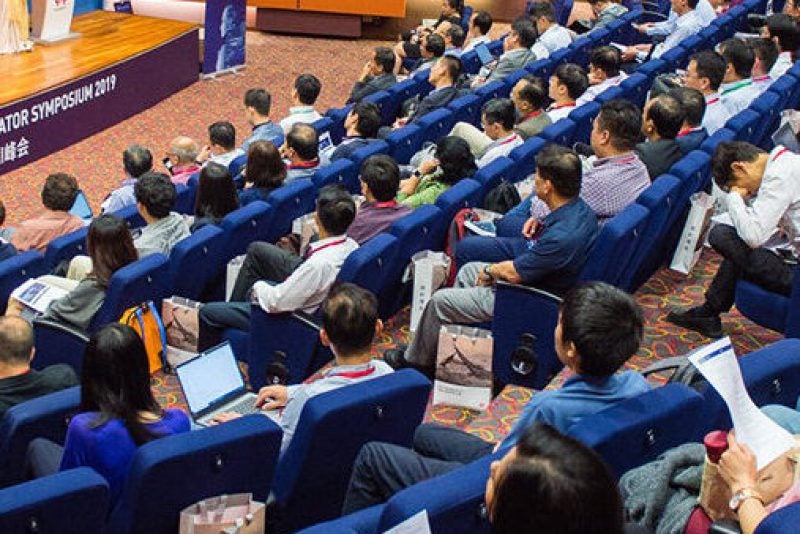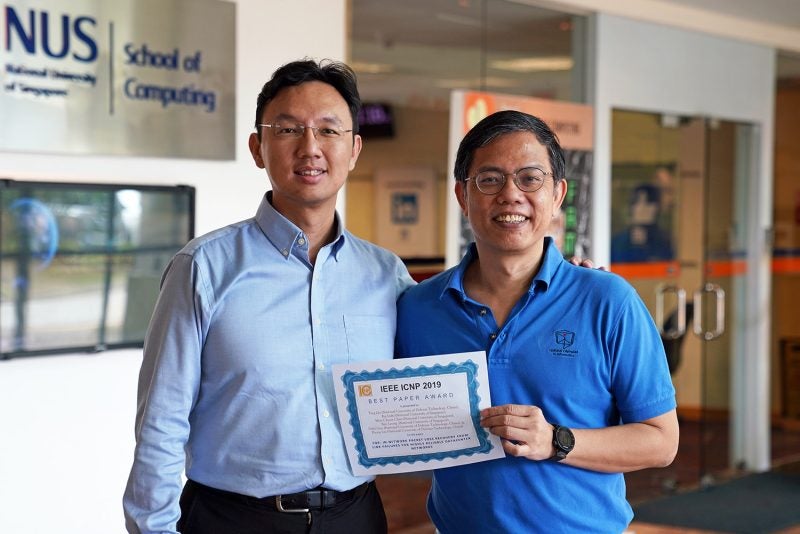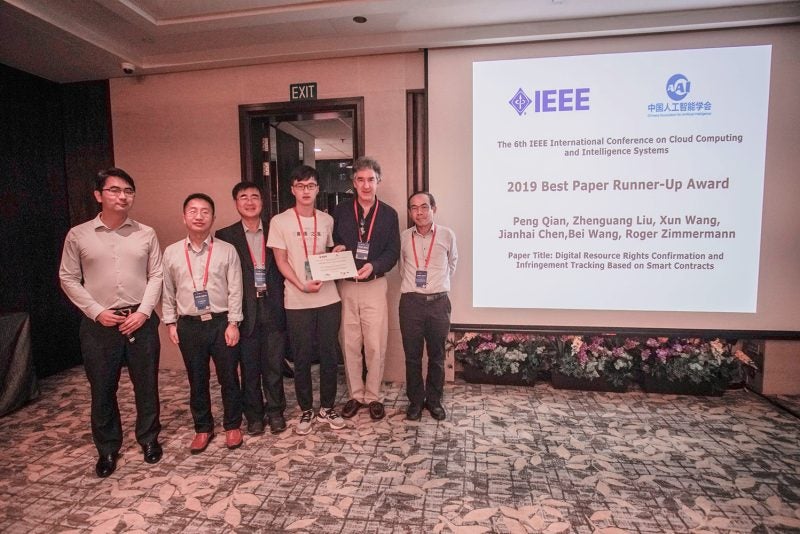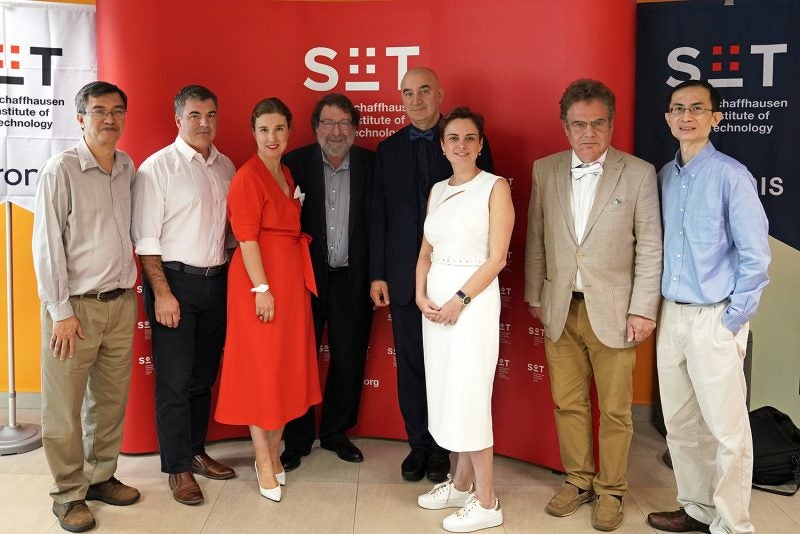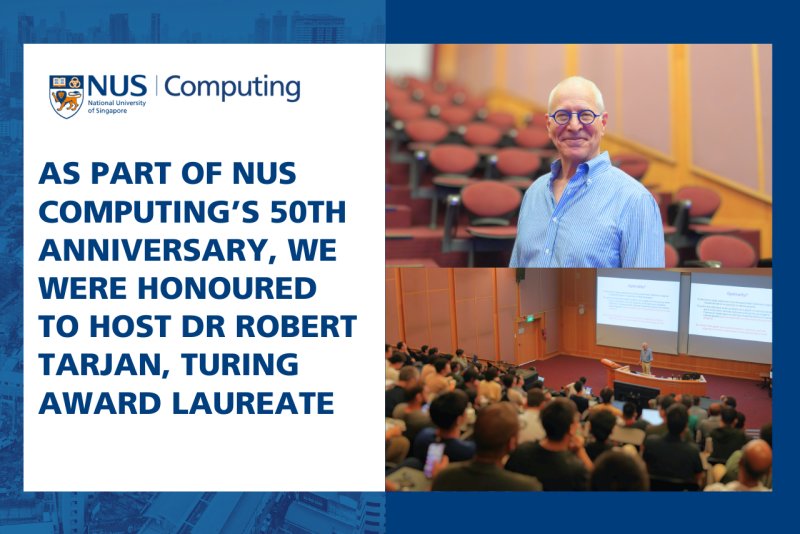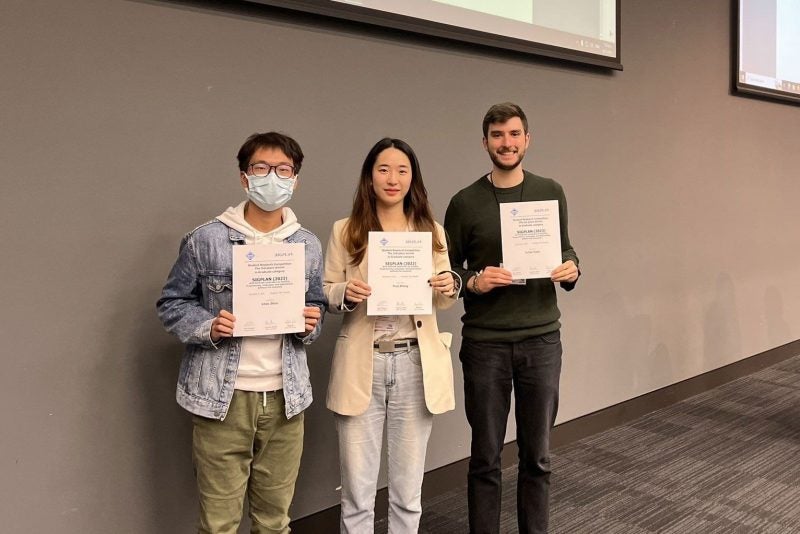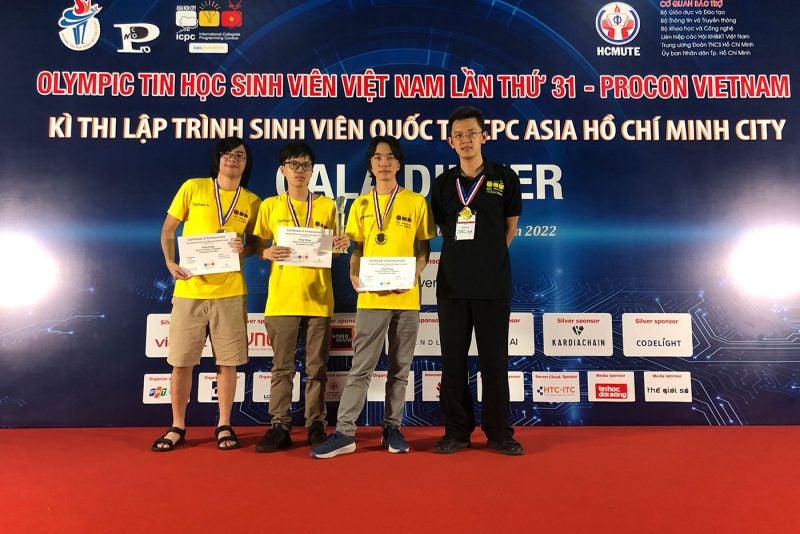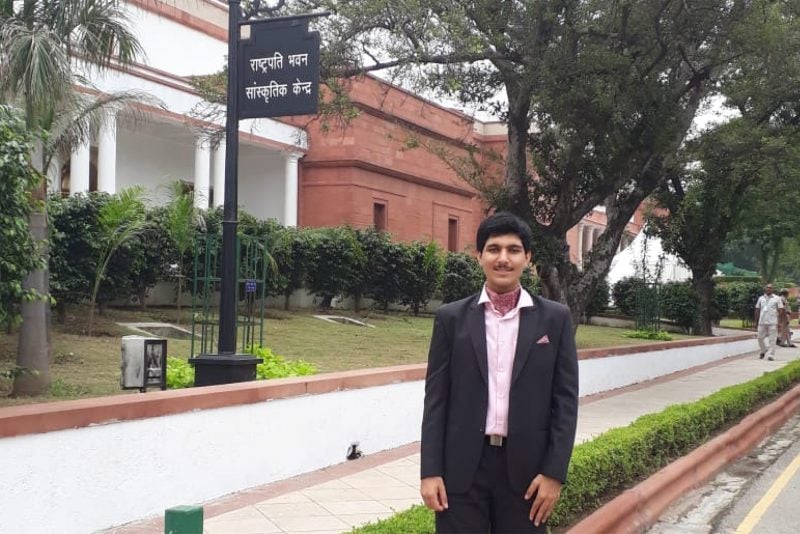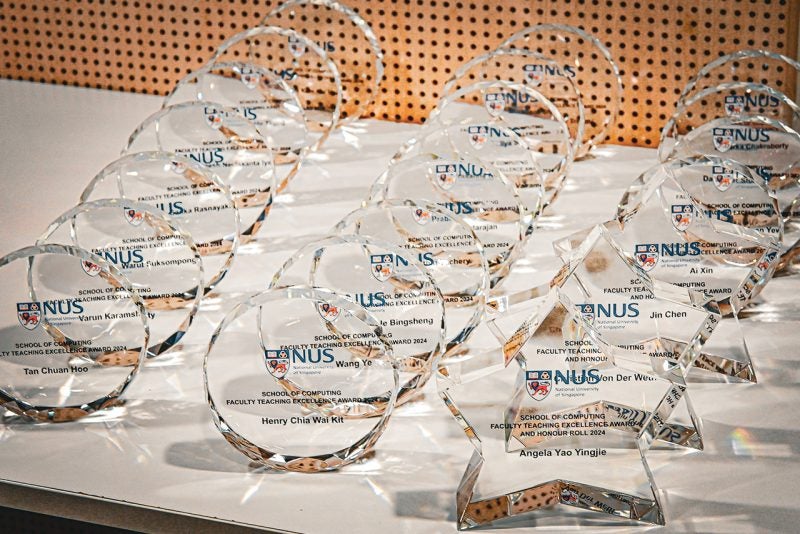03 November 2021 – Assistant Professor Jonathan Scarlett has been named in this year’s ‘Innovators Under 35’ Asia Pacific List by MIT Technology Review. The list honours young innovators in five categories: inventors, entrepreneurs, visionaries, humanitarians, and pioneers.
Dr Scarlett was recognised for being a visionary – defined by MIT Technology Review as someone who finds powerful new uses of technology by looking at things a bit differently from everyone else.
He has spent many years studying the mathematical algorithms and theory behind group testing – a widely used technique for fast testing in medical applications, such as in blood tests or nasal polymerase chain reaction (PCR) tests.
It has been a popular and powerful strategy used during the height of the COVID-19 pandemic, when testing resources worldwide were scarce and costly.
In general, the group testing problem consists of determining a small set of defective items (e.g., abstractly representing infected individuals in medical testing) from a larger set of items based on tests on groups of items.
Dr Scarlett started studying group testing at the Ecole Polytechnique Fédérale de Lausanne (EPFL), where he held a post-doctoral position before joining NUS.
“We were looking at a general framework for studying the mathematical limits of statistical estimation problems, and it just so happened that the application of this framework to group testing gave especially strong results. From there, I began exploring the area further and interacting with others that were working on group testing, and it quickly became one of my main areas of focus,” said Dr Scarlett.
Much of his research has been on incorporating lesser-explored practical aspects into the mathematical studies of group testing.
“For instance, even after the standard setting with perfectly reliable tests became very well-understood, analogous results with imperfect test results remained limited, and we put a lot of effort into closing this gap. As another example, some of the test designs appearing in theory aren’t so practical due to the high number of individuals-per-test or tests-per-individual, and we developed various new results specifically targeted at these aspects,” he said.
He added that as group testing has typically been somewhat of a niche topic, it has been interesting to see its rise in popularity, and its real-world use in COVID-19 testing.
“The number of COVID tests performed in certain countries has risen to the tens or hundreds of millions, and the costs and resources required can be enormous. Group testing has now played a role in overcoming these challenges in many countries throughout the world, including India, China, Germany, and the United States of America,” said Dr Scarlett.
He added: “It’s an honour to be selected for this award. I am very grateful to all of my collaborators that worked with me throughout the years, particularly my post-doctoral advisor Volkan Cevher, and my collaborators Matthew Aldridge and Oliver Johnson, with whom I formed several papers and wrote a survey monograph. I have also been fortunate to work with several outstanding students on this topic. These joint works and collaborations have truly been invaluable in pushing this research forward.”
Dr Scarlett has also adapted his mathematical studies of group testing to other seemingly distinct signal acquisition problems, which are relevant in applications such as MRI.
Outside of group testing, Dr Scarlett’s research mainly focuses on machine learning, signal processing, and information theory.
In particular, his work on Bayesian optimisation and bandits has been published in various machine learning conferences.
He is also the co-author of several survey articles and monographs, two of which were published by Foundations and Trends in Communications and Information Theory.



